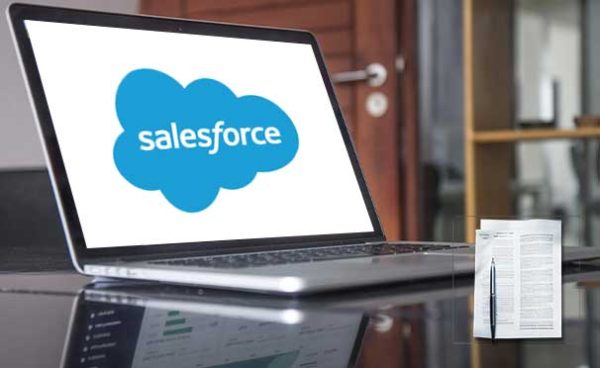Ethical Entrepreneurship in Gourmet Coffee
No Fee
| Case ID: | E-EGC-20230716-1-V1 |
|---|---|
| License: | CC BY-NC-SA 4.0 |
| Pages | 3 pgs |
| Case Study Analysis | Not Included |
| Teaching Notes | Not Included |
| Ai Level | Content co-authored with the OpenAI API |
| Category(s) | Ethics: 9/10 |
This case explores the challenges and opportunities faced by Ethical Beans (EB), a New York-based gourmet coffee retailer committed to ethical sourcing and sustainable business practices. CEO Daniel Olsen is grappling with the increasing complexity of maintaining a fully ethical and sustainable supply chain amid rising customer inquiries about the source of their coffee. Amidst stiff competition from multinational chains, fair-trade-focused brands, and local artisanal roasters, EB strives to balance quality, sustainability, and transparency in a rapidly evolving industry. The case delves into the company’s sales model, inventory management, and production planning while emphasizing its commitment to ethical sourcing. Despite challenges related to production capacity constraints, aging machinery, and rising production costs, EB remains steadfast in its mission to deliver premium quality, ethically sourced coffee while emphasizing unparalleled customer service.
Case Categories Relevance Rating (out of 10)
- Ethics: 9/10 - The case heavily revolves around the ethical sourcing of coffee and fair-trade practices, which are central to EB's business model.
- Entrepreneurship: 8/10 - The growth and development of a family-owned business into a gourmet coffee retailer is well depicted in the case.
- Operations Management: 8/10 - The case offers insights into inventory management, production planning, and operational efficiency.
- Marketing: 7/10 - The case touches upon the company's sales model and customer relations, indicating how EB positions itself in the market.
- Sustainability: 8/10 - Sustainable practices and social responsibility are a key part of EB's identity and operations, making this case applicable to sustainability-focused courses.
Weaknesses of this Case Structure
- Data Analysis: While the case provides raw data (e.g., monthly sales distribution), it lacks comprehensive data analysis. This may hinder learners from gaining deeper insights or fully understanding the implications of the given data.
- Storytelling and Impact: The case largely delivers factual information but lacks an emotional or human aspect that can make the case more engaging and relatable. A personal narrative or customer story could heighten the impact and memorability of the case.
- Limited Financial Information: The case does not delve into the company's financial status or performance, limiting its applicability in finance-related courses.
- Unclear Problem Definition: The case does not clearly define a central problem or decision point, which could make it difficult for learners to pinpoint what specific issue needs to be addressed.
Strengths of this Case Structure
- Realism: The case is grounded in the reality of today's coffee industry and ethical business practices, making it relevant and applicable to real-world situations.
- Comprehensive Coverage: The case covers multiple aspects of the business—ethics, operations, marketing—which enables interdisciplinary learning and encourages comprehensive business analysis.
- Topical Relevance: The case's focus on ethical sourcing and sustainability aligns with current trends and concerns in the business world, making it highly topical.
- Detailed Operational Insight: The case provides detailed insights into EB's operations and inventory management, allowing learners to deeply understand these aspects of the business.
- Emphasis on Ethics and Sustainability: The case's strong emphasis on ethical business practices and sustainability allows for a deeper exploration of these important topics in a business context.





